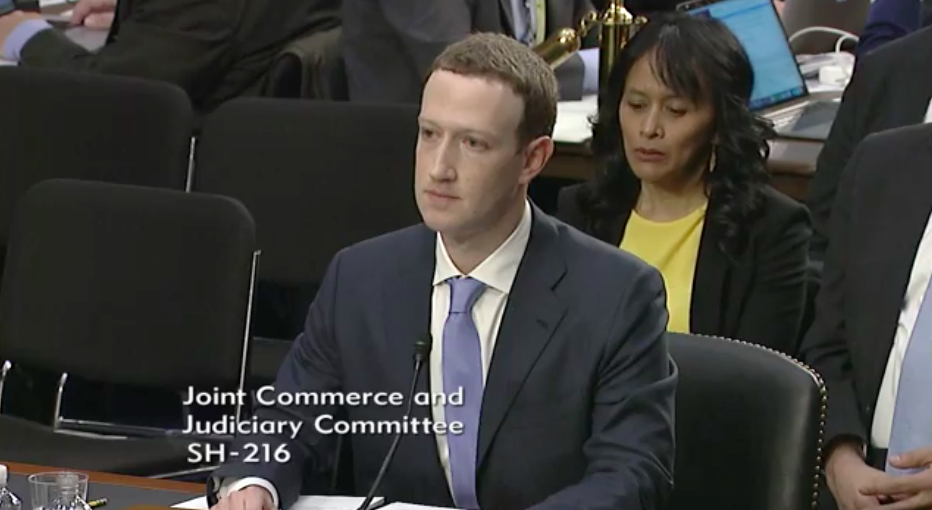Facebook's Zuckerberg keeps apologizing while under fire from Congress
Mark Zuckerberg is spending a lot of time apologizing. Sitting before Congress in a suit and tie, Facebook's CEO definitely made it clear that trusting Cambridge Analytica (CA) in 2015 to destroy millions of users profiles — and its valuable data — may have not been the best move.
"In retrospect, it was clearly a mistake to believe them," says Zuckerberg during his testimony Tuesday in front of the Senate Committee on the Judiciary, Senate Committee on Commerce, Science, and Transportation. "It's pretty hard to start a company in your dorm room and not make some mistakes."
Not only did Facebook trust CA, but it didn't ban the company from the site until It discovered that it had not destroyed the data, as It had demanded, just this year.
"We could have in theory banned them then," says Zuckerberg. "We made a mistake in not doing so."
Today, however, Facebook is tightening the screw on apps, running more spot checks and also making sure apps aren't behaving suspiciously. But throughout Zuckerberg's testimony he kept putting the responsibility on to users — that at every step they have the right to share, or not share, information.
Sharing information, however, is Facebook's bread and butter. Its personal data — what a Facebook user clicks on in her news feed, where she check in on a Friday night, and what she even writes in a post — that the company needs to then sell to advertisers looking to reach potential buyers. And while Zuckerberg says users can turn off the sharing of their information to advertisers — he admitted most don't. The majority of users actually don't mind ads — the mind ads that don't make sense to them.
"People would rather have us show relevant content than not," says Zuckerberg.
Zuckerberg also admitted Facebook is working with Special Counsel Robert Mueller and his team's investigation into Russian interference during the U.S. presidential election in 2016.
Tucked into most of its questions, Congress pushed at whether users really understand how their information — their posts, likes, loves, and other information — is being used. Sen. Lindsay Graham (R-South Carolina) read from Facebook's own terms of service — holding up a document that was bound with a hefty clip — asking Zuckerberg whether Facebook's CEO believes users understand what they're reading.
"I'm a lawyer and I have no idea what that means," says Graham. "Do you think the average consumer understands what they're signing up for?"
"I don't think that the average person likely reads that whole document," admits Zuckerberg.
Bitdefender Family Pack - 15 Devices | 2 year Subscription | PC/Mac | Activation Code by email
